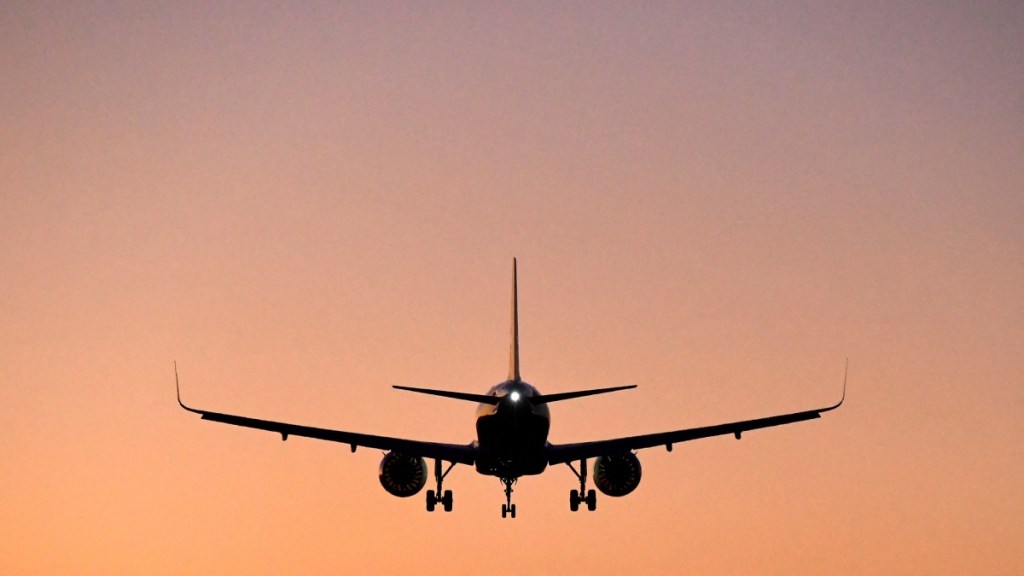The Union Cabinet on Thursday approved the expansion of metro corridors in Bengaluru, Pune and Thane, and the construction of new terminals at the airports in Bihta near Patna and Bagdogra in West Bengal at a total cost of more than Rs 33,700 crore.
The metro projects will be funded by the Centre and states as well as bilateral agencies, and will be operational by 2029, according to an official statement.
The Cabinet Committee of Economic Affairs (CCEA) approved Phase-3 of Bangalore Metro Rail Project with two elevated corridors for a length of 44.65 km and 31 stations. The project has a total completion cost of Rs 15,611 crore.
The proposed 29-km corridor of Thane Integral Ring Metro Rail Project will have 22 stations. The total cost of the project is estimated to be Rs 12,200 crore.
The extension of Pune Metro Phase 1 from Swargate to Katraj, spanning 5.46 km, was also approved at the Cabinet meeting. The estimated cost of the project is Rs 2,954.53 crore.
Funds will also be raised through innovative financing methods such as by selling station naming and access rights for corporate, monetisation of assets, value capture financing route, according to the statement.
The CCEA also approved the proposal of the Airports Authority of India (AAI) for development of a new civil enclave at Bihta near Patna at an estimated cost of Rs 1,413 crore.
This infrastructure project represents a strategic move to address the anticipated saturation of capacity at the Patna airport. While AAI is already in the process of constructing a new terminal building at the Patna airport, further expansion is constrained by limited land availability. The proposed new integrated terminal building at the Bihta airport spans 66,000 sqm and is designed to handle 3,000 peak hour passengers (PHP) and annually cater to 5 million passengers.
The new civil enclave at the Bagdogra airport will cost Rs 1,549 crore.
The proposed terminal building will span 70,390 sqm and is designed to accommodate 3,000 PHP, with an annual capacity to handle 10 million passengers. Key components of the project include the construction of an apron capable of accommodating 10 parking bays suitable for A-321 type aircraft, as well as two link taxiways and multi-level car parking.

